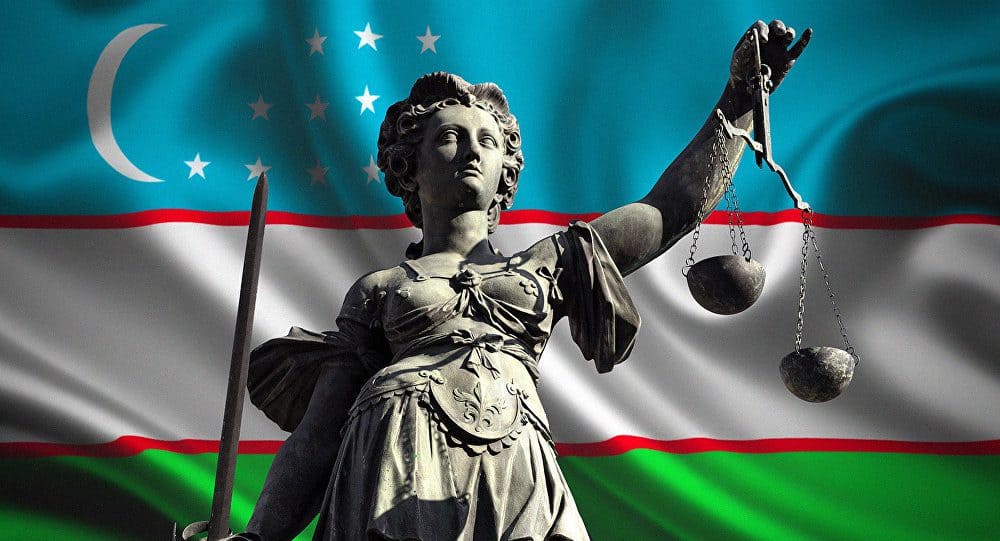The country’s bar association has moved away from solving the problems of its members during the quarantine period. Full communication with the defendants was actually terminated in April, and the leadership of the association accepted the situation.
The special republican commission allowed prosecutors, law enforcement and judicial officials to move freely. Lawyers were allowed to travel for legal procedures only in the police cars. Thus, the authorities showed that the state can manage without advocacy.
As ACCA learned, none of the lawyers even tried to get at least the use of personal cars for business trips, and communication via communication lines could not fully defend the interests of citizens in protecting their rights.
Well-known Uzbek lawyer Allan Pashkovsky believes that such a leadership should not only be removed from leadership positions. “In accordance with the established procedure, an extraordinary conference of lawyers needs to be organized and, within the framework of this legal instrument, we need simply to throw out neck and crop these ineffective, openly harmful and hostile management of the country’s advocates,” said the lawyer. “It’s just an abortion of the bar itself by the woman in labor!”
The critical position of the lawyer was the reason for the decision of the Board of the bar association to abolish the department for the protection of professional rights. Before liquidation, this structural unit of the public organization was headed by Allan Pashkovsky.
Despite the President’s declarative statements about the construction of the rule of law, on March 24, at the third plenary meeting of the upper house of the Uzbek Parliament, a scandalous bill was adopted that eliminated the concept of advocate secrecy. The reform of the institution of the bar, begun under the President Islam Karimov, is continued in the form of the final liquidation of the independence of the bar community.
According to an ACCA expert, the legal nihilism of the Uzbek authorities can only affect international organizations. “The population perceives lawlessness of authorities as a matter of course,” the expert says. “Now only civic activists and journalists can resist it. The legal profession has lost this opportunity and so far nothing has been said about the democratization of the legal system. Protecting the law is the exclusive duty of law enforcement agencies, the main culprits of human rights violations in Uzbekistan. The very first easing of the quarantine regime in the country was the resumption of dry cleaners. Compliance with fundamental rights and freedoms is definitely not among the top ten priorities of public administration.”







Leave feedback about this